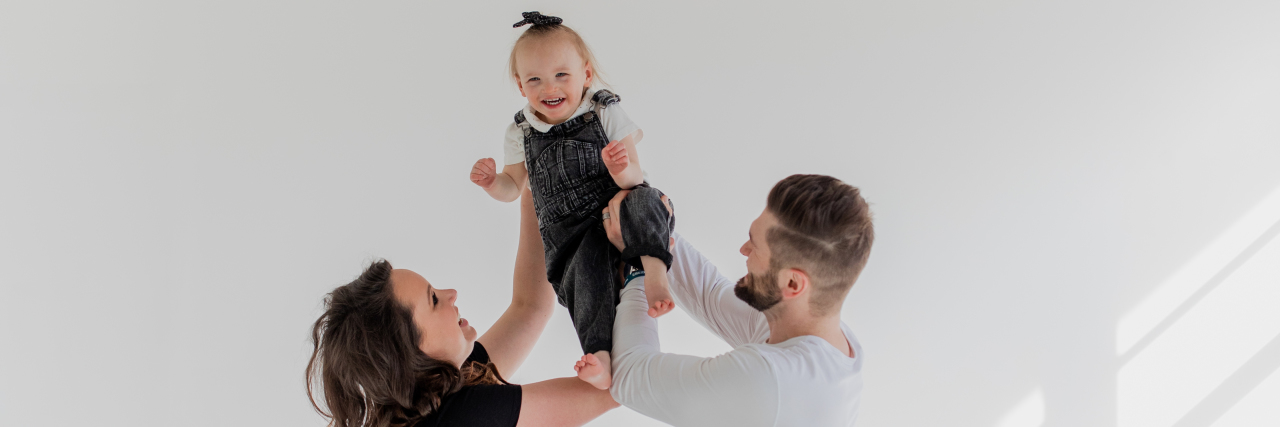When your child gets an unexpected diagnosis, kind and knowing people send you the “Welcome to Holland” poem. The poem, which many people like our family find comforting, describes what families of individuals with unexpected diagnoses experience. It references the surprise detour of visiting Holland instead of Italy. A trip to Holland represents a new and different future after an unexpected diagnosis, while a trip to Italy represents a now lost future and lost old hopes and dreams.
Our family found out we were going to Holland instead of Italy in the middle of our flight. We were, metaphorically speaking, ready to land in Italy when the plane went wheels up, and we changed course to Holland. We hadn’t packed for Holland or done any research around the best places to visit or stay. We never saw ourselves ever traveling to Holland, so we knew nothing about it prior to our emergency landing.
In the beginning, reading the “Welcome to Holland” poem helped us feel less alone. At least for us back then, the pain of receiving our daughter’s diagnosis was uncontrollably real. For the first few months, it was more than we could handle. If we were actually in Holland, you would have seen our Instagram posts about everything we were doing and seeing, but what you may not have known was that when we weren’t forcing ourselves to get up and go and do, we were in bed with the covers over our head in a puddle of tears. The first few months, again, at least for us, were the worst and hardest we have ever been through. And then, it slowly got easier.
Over time, life got better. As we got to know Juniper and fell in love with her more, I stopped worrying so much, my sadness became joy, and my self-pity was replaced with appreciation and gratitude for our little girl. I realized that a lot of my initial worries were related to our family’s being different now, our future being unknown, and our life being hard. It felt as if literally everyone else was in Italy, and we were alone in a place we never knew we wanted to go.
While these worries are not completely gone, they’re now little blips or twinges that happen from time to time. They no longer control me or our life, and they’ve been replaced only with fears that people won’t get to know or understand Juniper simply because she’s as different as she is. With all of her uniqueness, if there was ever a perfect Holland Tour Guide or ambassador for unexpected, yet wonderful travel, it’d be our Juni. And now, even this worry and pain that people may not love and see, really see, Juniper for how wonderful she is, doesn’t come every day.
⠀
Knowing all of this now, I wish there was a Part II to the “Welcome to Holland” poem titled something like, “You’d Have to Drag Me Out of Holland for Me to Leave” or “We Live Happily and Proudly in Holland Now.” The important thing for families to know is that pain and worry and grief subside. These feelings lessen because they’re replaced with appreciation and so much love. Once you’ve been in Holland for a while, you can stop worrying so much about how life is different or hard, and really just appreciate your child for the unique things she brings to the family (like any other family member). You don’t appreciate your child as your teacher or angel or anything like that (even though I believe they can oftentimes be these things), but you love her as a person and important member of the family — a worthy, perfect, contributing family member just like anyone else, diagnosis or not. You realize your child is the best travel companion you never knew you needed.
⠀
Over time, you take up permanent residence in Holland and settle into your new life of raising a child with a disability. Once you’ve made some new friends and know your favorite Holland places, your life focuses less on your child’s “special” ness and more on their “normal” ness (in the best meaning of the word possible). You get comfortable in Holland and start dignifying and appreciating your child as opposed to pitying, or fearing, or over-protecting, or babying her.
⠀
And eventually, you live for the pace of Holland. You see, the hustle and bustle of Italy doesn’t leave much time for enjoying things like windmills and Rembrandts. And, like the poem also says, Holland has tulips — and time to enjoy them. We live happily and proudly in Holland now. We choose to live here now, and we’re not going anywhere else.

